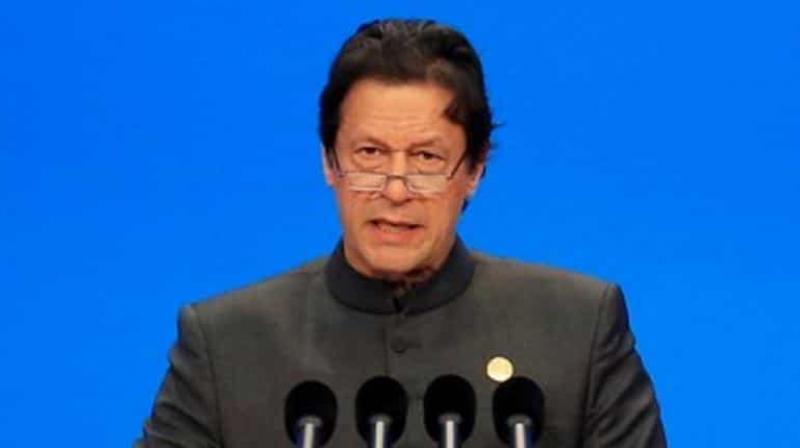A conundrum for Imran: To find the right strategy to run party, nation
Even if one were to disregard ethics, for which cricket is known, running Pakistan is not a game of cricket.

Prime Minister Imran Khan is dropping players and changing the batting order of his team as he used to do when he was captain of the Pakistan cricket team. Eight months into his five-year tenure, he has already “dropped” eight ministers and changed the batting order a couple of times.
Considering that Mr Khan’s main claim to fame is cricket, and for his fans and supporters he is Kaptaan, his analogies are cricket-based. It is, therefore, reasonable to assume that his style of management derives from his cricketing experience. Imran Khan captained Pakistan in 48 Test matches and 100-plus ODIs. That means he had a total of 148 opportunities to change his team or reshuffle the batting order. If he were to replicate that experience in running Pakistan for a term of five years, it would translate to a change of minister every 12 days. That obviously reflects the danger of running the government of Pakistan on a cricket-based experience. Even if one were to disregard ethics, for which cricket is known, running Pakistan is not a game of cricket.
His other success, the Shaukat Khanum Memorial Cancer Hospital (SKMCH), is even more creditable than winning the World Cup. It is among the few cancer hospitals in the world that treat the poor free of charge. The hospital is being run successfully, but it is interesting that he has allowed the team there to work without any interference from him, apart from setting the direction. He has not changed his current team in years.
The SKMCH experience and model could have relevance for running Pakistan. Cynics and experts did not believe that sustaining a cancer hospital without government support and running it free for the poor was possible. They were proved wrong.
The present predicament of the PTI government is that on account of lack of democracy in the party and Imran Khan’s aversion to bonding with the rank and file (other than the few at the top), in-house wrangling and grouping have only increased, with the result that talented people (who are not motivated by government positions alone) have been hounded out of the party, and those still within are not allowed to rise.
So the PTI, which started off as a party of professionals and ideologues, most of whom wanted to give something back to Pakistan, is so fractured and drained of talent that it cannot find any party men to be finance minister, interior minister, information minister or chief minister of Punjab.
He needs to work on the party to rebuild it. While he seems to have started work on that by recalling his old loyalist Saifullah Niazi, if he wants to make the PTI a sustainable organisation, different from other political parties, he should swallow the bitter pill and hold genuine party elections. Things cannot get worse than they are.
Now look at the predicament of those made federal and provincial ministers. They have been repeatedly warned to perform or be ready to be “dropped”. The erstwhile finance minister, the star of the team, having joined politics to do something greater, with no designs of getting material gain, has been thrown out within eight months, with all his past achievements compromised. All remaining ministers, I am sure, cannot be driven by motivation. They must be shell-shocked and striving only to avoid ignominy.
How can one have a team which is working under the fear of being disgraced? The team once selected needs be given adequate time, respect, encouragement and guidance. Since Imran Khan’s failure is not an option for Pakistan, he needs to calm down, and not resort to the cricketing strategy of dropping players after every match. He must let his team work in an atmosphere of security. He also needs to organise his party along democratic principles, because only a strong and well-organised party is a guarantee against sinking.
By arrangement with Dawn

